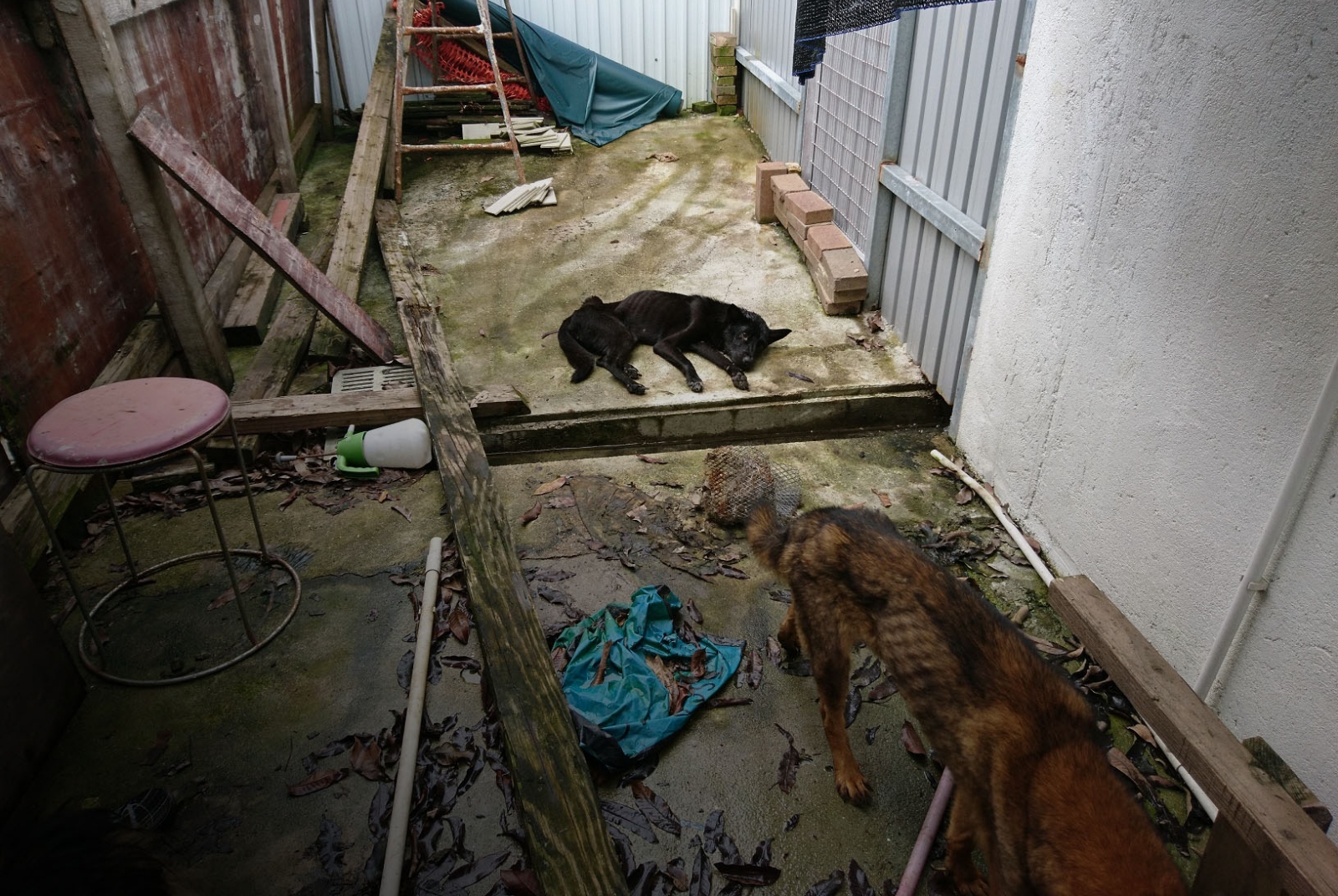
Protection of Animals Act: The Pros and Cons
When I became an RSPCA inspector in 1999, I was trained in the use and enforcement of
Protection of Animals Act. Where people had caused suffering to animals it was straightforward taking an investigation and ultimately taking individuals to court. One case I had was a man that had violently and repeatedly kicked his dog in the street, witnessed by several people working in a property company. He was arrested by the police, I interviewed him, I obtained witness statements, and got an expert opinion from a veterinary surgeon confirming that the dog had suffered. The man was convicted and banned from keeping animals for a period of time.
Although the legislation was 90 years old, in this type of situation it worked. The big gap was that I had to wait until an animal suffered, I could not legally intervene before that happened, even if I knew an animal would suffer. To someone passionate about improving animal welfare, this was a big frustration.
The Introduction of ‘Duty of Care’ In the UK
For the RSPCA in the UK during 2007, the Animal Welfare Act 2006 came into being. As well as improving the wording in the 1911 act, it also set out a “duty of care”.
This meant the enablement of enforcement action if the welfare needs of an animal were not being met, but not suffering. These five welfare needs were;
 The need for a suitable environment
The need for a suitable environment The need for a suitable diet
The need for a suitable diet The need to be able to exhibit normal behaviour patterns
The need to be able to exhibit normal behaviour patterns Any need it has to be housed with, or apart from, other animals
Any need it has to be housed with, or apart from, other animals The need to be protected from pain, suffering, injury and disease
The need to be protected from pain, suffering, injury and disease

“The introduction of ‘duty of care’ has been such an improvement to animal welfare. No longer do we have to leave animals in a filthy environment, just because they are not physically suffering. Like humans, animals can suffer mental anguish and an unsuitable environment may not cause immediate physical harm, but it is detrimental to an animal’s wellbeing.”
– Dermot Murphy, RSPCA Inspectorate Commissioner
If Hong Kong were to implement “duty of care”, what would that mean for animal welfare?
If duty of care were to come into effect, we would hope that authorised officers could issue an Improvement Notice to let owners or keepers know that they are at risk of committing an offence and extend an opportunity to rectify the situation, stating what needs to be corrected and a date to comply. Failure to comply with the Improvement Notice may lead to prosecution.
In the UK, this has been successful, with recent data showing 98% compliance. Very few of these situations need to be taken to court as a result, but animal welfare is improved.
Presently in Hong Kong, if the animal does not show any signs of suffering or physical injuries, it may be difficult for the law enforcement agencies to intervene or remove an animal. With the proposed amendment to the legislation to include a “duty for care”, an authorised officer would be able to encourage owners to improve the care of the animals and more easily rescue and remove an animal from a situation where suffering has occurred or, importantly, may result if the animal is left in situ.
It was also recommended that a Disqualification Order be introduced to ban persons convicted of animal cruelty from owning animals. These updates would help us to better safeguard animal welfare throughout the city.


Case Study
This is Milly and she was kept in a garden in England, which was overflowing with rubbish and an unsuitable environment to keep a dog. Her owner had started moving rubbish for people and much of it was dumped in his own garden. The RSPCA inspector issued a warning notice, giving him two days to improve the situation. The inspector stated that the dog could not stay there and the owner temporarily gave Milly to a friend.
The inspector returned and the situation had not changed. The owner admitted that he could not cope and he gave Milly to the RSPCA to find a new home. As the situation was rectified, albeit by the RSPCA rehoming Milly, there was no need for a prosecution. Under the previous legislation, this would not have been possible until Milly was suffering.
Cases such as Milly, show where duty of care can have a real positive impact for animal welfare without having to wait until things deteriorate to an extent that an animal suffers and a court case becomes inevitable.
Click here to learn more about the proposed amendment of Prevention of Cruelty to Animals Ordinance (Cap. 169) in Hong Kong.













